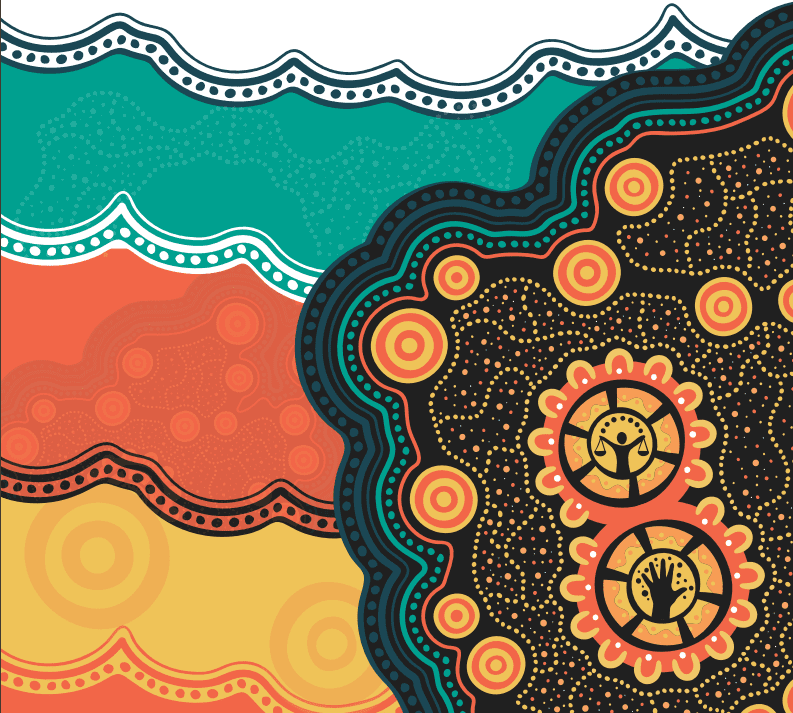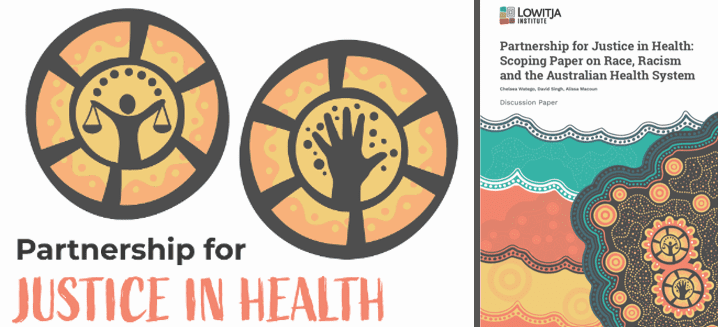WA Police and WA Country Health Service apologise for 2014 death in custody

WARNING: This post contains the name of an Aboriginal person who died in police custody
Ten years after an Aboriginal woman died in custody from untreated injuries, Western Australian authorities have formally apologised to her family for their role in her avoidable death.
Ms Dhu, a 22-year-old Yamatji woman living on Kariyarra country in Port Hedland, had called police for help after experiencing domestic violence. WA Police arrested her for unpaid fines and imprisoned her at South Hedland Police Station. Ms Dhu repeatedly asked for medical help over three days and was twice transported to Hedland Health Campus, but received grossly inadequate care and both times was returned to her cell after being declared medically fit.
On a third presentation to hospital, Ms Dhu was found to be in critical condition. Despite resuscitation attempts, she died on 4 August 2014 of septicaemia and pneumonia caused by untreated rib fractures.
At inquest in 2016, Coroner Ros Fogliani found a number of failings and neglect by police and hospital staff led to the ‘catastrophic decline’ in Ms Dhu’s health, and concluded her death was avoidable. Now, a decade on from Ms Dhu’s death, WA Police and WA Country Health Service have issued a joint statement formally apologising for this tragedy.
‘We are truly sorry for the circumstances of Ms Dhu’s death and recognise the significant impact her passing has had on her family and her community,’ said the statement, issued Friday 31 May 2024.
Stories like Ms Dhu’s – in which Aboriginal and Torres Strait Islander people and families have been fatally let down by the health and justice systems – remain all too common. This is the reason that the Partnership for Justice in Health (P4JH) was established in 2017, with Lowitja Institute as a co-founder.
The P4JH is an alliance of self-determining Aboriginal and Torres Strait Islander academics, legal experts, and national peak health and justice organisations working together to improve Aboriginal and Torres Strait Islander health and justice outcomes. Its vision is for Aboriginal and Torres Strait Islander people to enjoy health and wellbeing that is free of racism in these systems. Members work to address racism at individual, institutional and systemic levels, focusing on holding health and justice systems accountable for their actions in cases like Ms Dhu’s and advocating for reforms to prevent other Aboriginal and Torres Strait Islander families from suffering tragic, avoidable losses.

As an Aboriginal and Torres Strait Islander organisation committed to advancing health justice and health equity, Lowitja Institute spotlights racism in health systems as one of our five core policy priorities. In 2021, we published ‘Partnership for Justice in Health: Scoping Paper on Race, Racism and the Australian Health System’, authored by Prof Chelsea Watego, Dr David Singh and Dr Alissa Macoun of the Institute for Collaborative Race Research. This discussion paper examines how health systems continue to racialise our peoples and deny us health equity, and proposes a research approach to support the vision of ‘a health system free of racism’ espoused in the Australian Government’s National Aboriginal and Torres Strait Islander Health Plan (2021–2031).
We encourage policymakers, health professionals and research institutions to reflect on this paper’s recommendations and take urgent action to advance anti-racist practice in their individual, institutional and systemic contexts.

